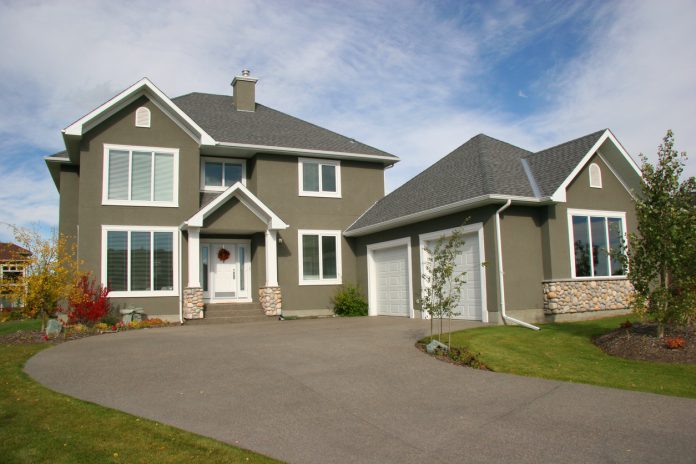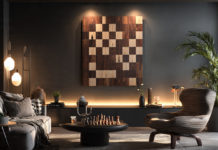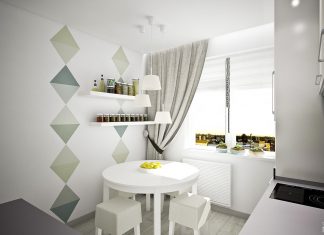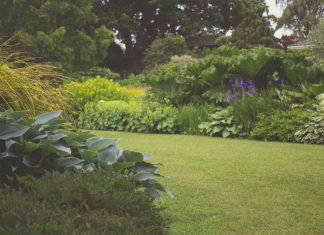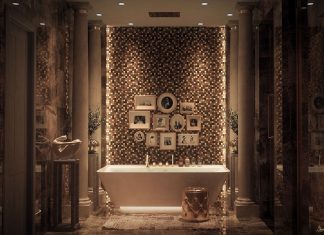As the pros at Golden Trowel Stucco and other stucco companies can tell you, homeowners often ask whether stucco can stand up against fire and other natural disasters. So, is stucco flammable?
What is stucco?
Stucco is made of sand, limestone, Portland cement, water and additives. This material is both strong and flexible. It is applied to the exterior of a building using a series of steps and three layers of the mud. Key steps for application include:
- Covering the wall first with tar paper or other vapour barrier
- Attaching lath wire mesh onto the wall
- Applying the scratch coat of stucco to the lath
- Layering the brown coat
- Adding the finish coat
- Texturizing and smoothing the finish coat using a trowel and other tools
Although these are the steps for traditional stucco applications, newer one-coat methods can reduce this process’s time and cost.
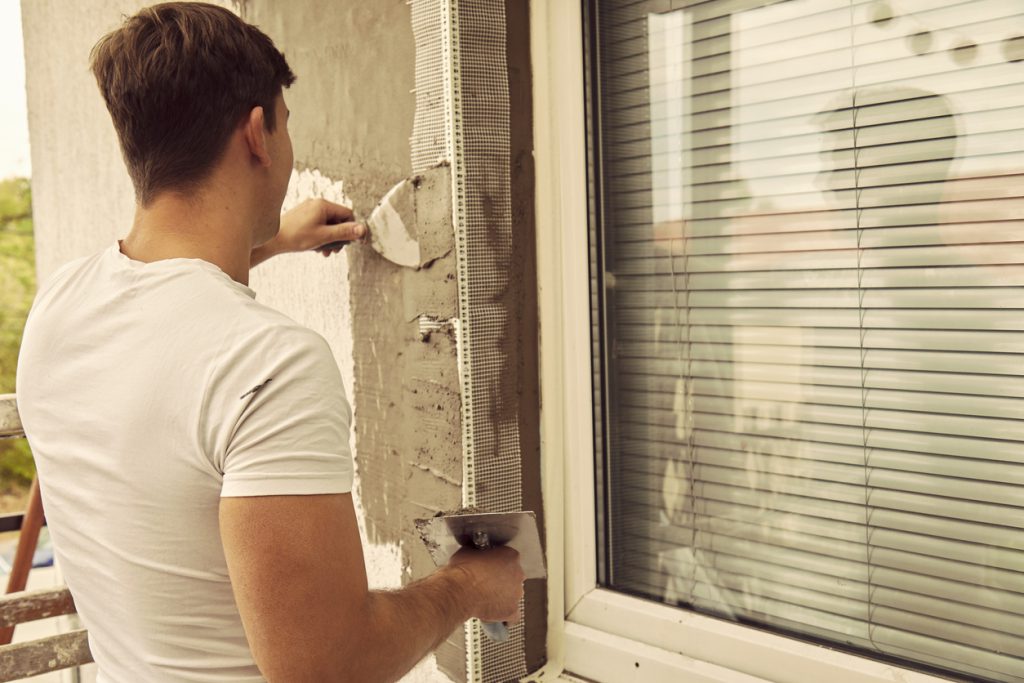
Is stucco fire resistant?
Like brick and stone, stucco is fire resistant. This is one of the big benefits of installing the material on your home exterior. In comparison, vinyl siding does not slow fire spread and is therefore not as highly recommended as stucco for homes in areas of high fire risk. But for your home to benefit from stucco’s fire resistance, the material must be properly installed by professionals with experience in their field. You should also maintain your stucco, taking care to keep it in good condition and having stucco repair services performed as needed.
Stucco Fire Rating
Stucco receives a one-hour fire rating in most cases and when tested for flammability. This means you have one hour in an exterior fire situation before the material is affected by fire heat and flames. After that hour, the flames will overtake the material and enter your home. Because today’s homes prove incredibly flammable, with the typical home allowing only three minutes for safe escape, stucco on its exterior can save your life.
Stucco Is Less Water Resistant
Despite standing up so well to flames, stucco is not always resistant to water. The material can suffer major problems with moisture when not properly installed. Water can become trapped behind the stucco if it does not have a drainage path through the material. This enables mold to grow and the building materials to rot. As a result, you face critical stucco repair to prevent serious damage. But stucco with adequate drainage systems performs better against moisture and can direct water away from the building.
Pros and Cons of Stucco
Stucco provides multiple distinct advantages against the elements and time. These benefits include:
- Durability, lasting between 50 and 80 years
- Resistance of weather, wind and debris
- Easy formation into decorative textures and other enhancements
- Low maintenance
- Easily colored for a custom look
- Fire and insect infestation resistant
- Soundproofing properties for reduced outside noise
- Good insulation value for greater energy efficiency
Despite these obvious benefits, the material does have its drawbacks. These negative aspects include:
- Cracks under the pressure of building settling or earthquake movement
- Expands and contracts with changes in temperature, often causing cracks
- Requirement of experienced professional installation and stucco repair
Despite the above disadvantages of stucco, many people prefer using this material on their property exterior. It offers some benefits over other types of siding. These comparable benefits include:
- Lower cost than stone, wood, brick, aluminum siding and some vinyl
- More than 30 to 50 years’ longer durability than vinyl, aluminum and other materials
- Lower maintenance than fibre cement and wood
- Fire, insect and weather resistance beyond all other materials but brick
The upfront costs of stucco are slightly higher than some materials, such as vinyl, fibre cement and aluminum. But this installation proves worthwhile over a lifespan of 50 to 80 years or more. Only brick is proven to last as long or longer.
